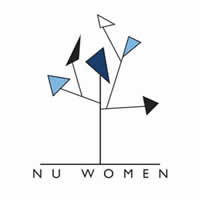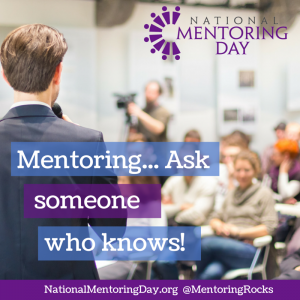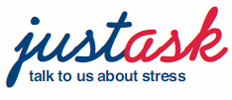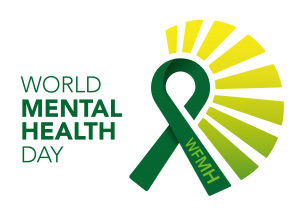 NU Women is a network open to all women who work at the University. The network provides a forum for women to meet, share ideas, provide mutual support for their career development, and to feed into the University issues of concern and interest to women members of staff.
NU Women is a network open to all women who work at the University. The network provides a forum for women to meet, share ideas, provide mutual support for their career development, and to feed into the University issues of concern and interest to women members of staff.
As the 27th of October is UK National Mentoring Day, we’re highlighting NU Women and their excellent Career Conversations Scheme. This scheme offers the opportunity for members to receive career mentoring from a more experienced colleague at the University. Through the online database, NU Women members can browse profiles of mentors from across the University who are happy to spend an hour over coffee discussing career challenges and options.
To find out more about NU Women and the other events and activities they run, we chatted to Professor Kathryn Hollingsworth, a Professor at Newcastle Law School and the Chair of NU Women.
Can you tell us a bit about how NU Women began?

NU Women was originally established in 2008 by Professor Vicky Bruce, but it was re-launched in its current form in 2014, after Candy Rowe had attended a women in higher education conference (co-organised by Durham and Newcastle) where a session was given by Sheffield University on their women’s network.
Candy loved the idea, so held an event here to see if there was interest, had Sheffield speak, and gathered together a small group to form the committee. I went to that event and joined the committee then, and went on to help establish the Women Professor’s Network as part of NU women, and I chaired that sub-committee until I took over as Chair of NU Women in 2016.
How do you feel being a member of NU Women has helped you?
I joined because I think I am committed to gender equality and I think women’s networks can really help to support other women, provide space for skills development (including in our women-only writing clubs) and it is a good way to meet other women from across the institution, not only in one’s own school/unit.
It has provided me with a real network of colleagues and friends and huge amounts of professional and personal support. It has also helped me see that difficulties I face are shared by others and has given me support, advice and help in overcoming any work challenges.
What’s been your favourite NU Women event so far?
I love the weekly writing groups. It gives me dedicated space to write, but moreover it has provided me with friends and a close knit community. They are great!
All our events are fantastic though – the imposter syndrome workshops are really popular, and this year I particularly enjoyed the talk by Maria do mar Pereira on her work on the experiences of women academics and work, knowledge and workload. It was challenging and thought-provoking.
Finally, what can we expect from NU Women this year?
We’ve continued to grow and now have about 800 members and as well as the Women Professors subgroup, we have a subcommittee for PS staff. They are fantastic and organise loads of excellent events alongside the general NU Women talks and workshops.
Candy Rowe is leading on our development of a ‘network of networks’ with other women’s networks in other universities, and we will continue to respond to our members in terms of events and writing space etc. This year, we will also look at how we might work with our colleagues in the other employee networks to deliver joint events.
If you’d like to find out more about NU Women, or either of their subcommittees, please click here. You can also keep up to date with what they’re doing on their blog, or by following them on Twitter @NU_Women.

 We’re encouraging everyone in the Faculty to
We’re encouraging everyone in the Faculty to 



 Today (Wednesday 10th of October) is
Today (Wednesday 10th of October) is  We spoke to
We spoke to 